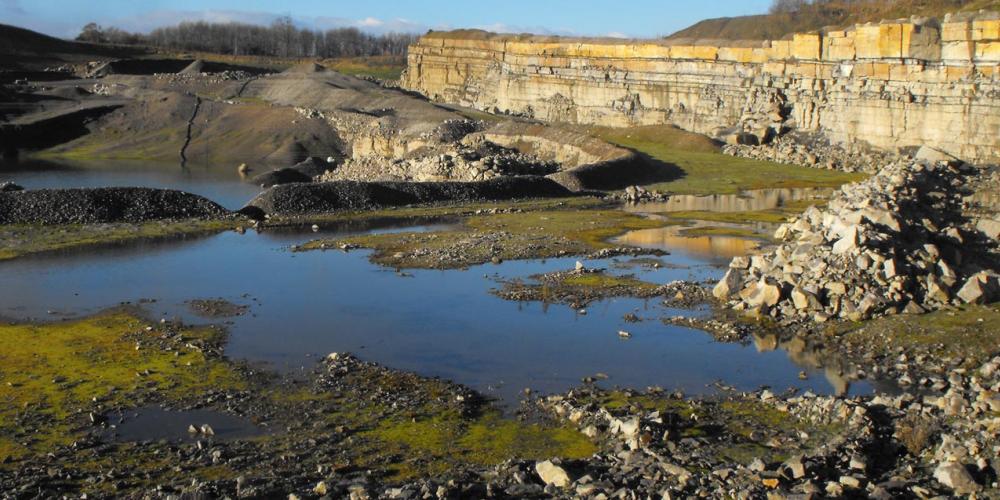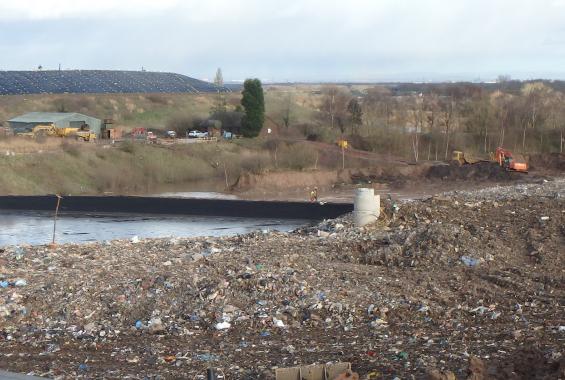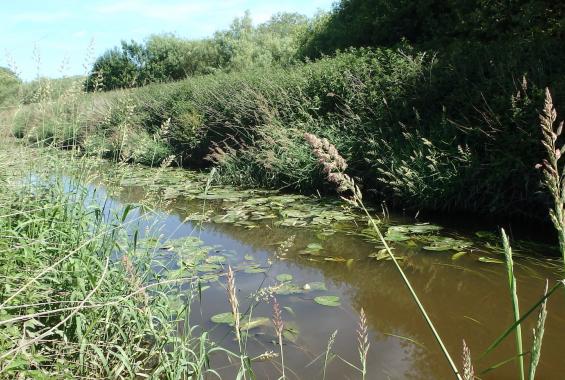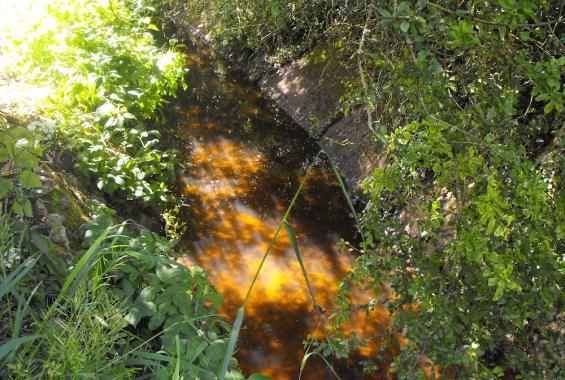

Mary Steven Park is a historic 14-hectare public park in Stourbridge, West Midlands. An ornamental lake in the park, Heath Pool, was first recorded in a map of 1750. The original pond was larger, and formed from damming and enlarging an existing pool located along the Withy Brook.
read the project storyTunstead Quarry supplies the works with limestone for cement production as well as providing aggregate for the regional market. A Review of Mineral Planning (ROMP) necessitated the preparation of an Environmental Impact Assessment (EIA), of which water issues were an important component.
A proposed extension to Newington Quarry for further mineral extraction required prolonged and detailed assessments of the local water environment to ensure water resources and ecological features would not be impacted by quarry workings. Flooding was a major consideration, so we needed to ensure a flood risk assessment was carried out before the extension was proposed.
Outline Planning Permission was granted by Harborough District Council for the erection of 27 residential dwellings on the former Shangton Care Village site in Leicestershire. However, as the Environment Agency surface water flood maps indicated a ‘high risk’ of surface water flooding to the site a Planning Condition was included which required further information and assessment of potential surface water flood risk on site.
Planning Permission was sought for a residential development at a site approximately 1.6 km southwest of the centre of Newtown in Powys. The site comprises 2 areas; one to the north of the A489 and one to the south, and at the time of the Application was being used to graze livestock. The flood vulnerability class of the area, as defined in the TAN15, was ‘less vulnerable’. The proposed site’s use for residential development has the classification of ‘highly vulnerable’.

Rixton Landfill is a non-hazardous landfill that required re-permitting under the Pollution Prevention and Control Regulations. Two previous assessments (by others) failed to fully define the geological and hydrogeological setting well enough to give the Environment Agency confidence to issue a Permit for the existing landfill.

Grosvenor Farms requested support for their application for a Higher Tier Countryside Stewardship Scheme as part of their sustainability and environmental policy. Hafren Water co-ordinated a team including Reaseheath College and Shropshire Wildlife Trust to deliver the necessary Wetland Feasibility Study in support of the application.

The Environment Agency identified that Rookery Brook was failing the Water Framework Directive (WFD) status for Macroinvertebrates, with phosphorous also implicated as an issue. Hafren Water collaborated with Reaseheath Agricultural Development Academy (RADA) in a CPAF-funded project to undertake an assessment of Rookery Brook, to ascertain the causes of the deteriorating water quality.







